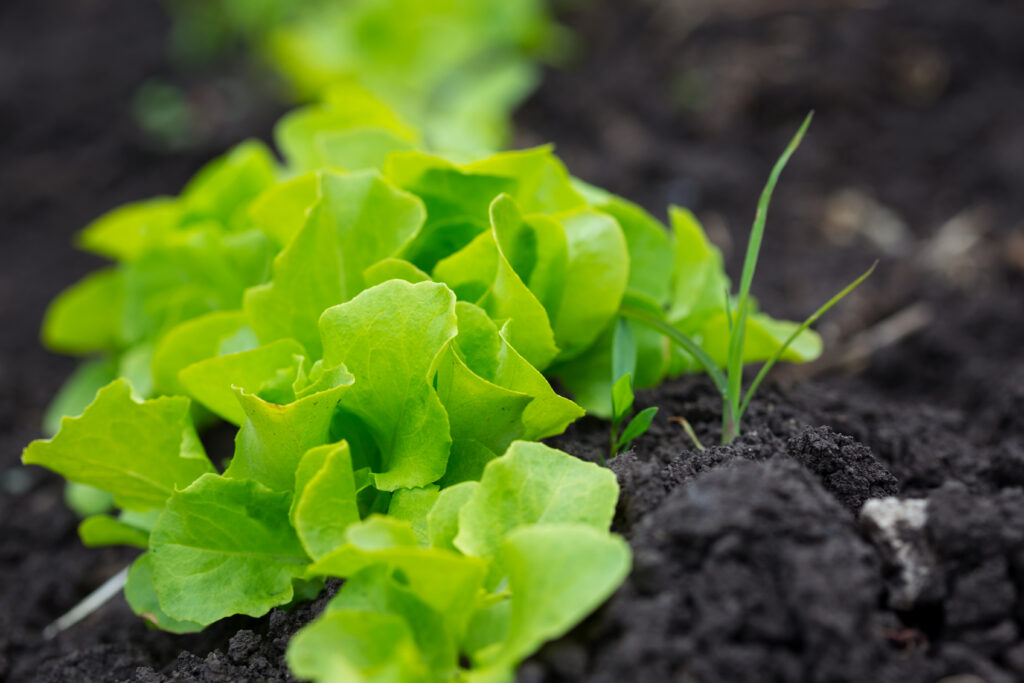Summary: A greenhouse experiment was conducted on butterhead lettuce treated with protein hydrolysate biostimulants to test the “signaling peptide theory.” The study found that PH1 and PH3 significantly increased fresh yield under optimal conditions, but not under low conditions. Total ascorbic acid, lutein, and β-carotene increased with PH3, and disinapoylgentobiose and kaempferol-3-hydroxyferuloyl-sophorosie-7-glucoside content increased with PH treatments, particularly under low NO3 conditions. The complete hydrolysate and analyzed peptide fractions showed differential biostimulatory effects, enhancing lettuce growth and nutritional quality.
Publication: Antioxidants









